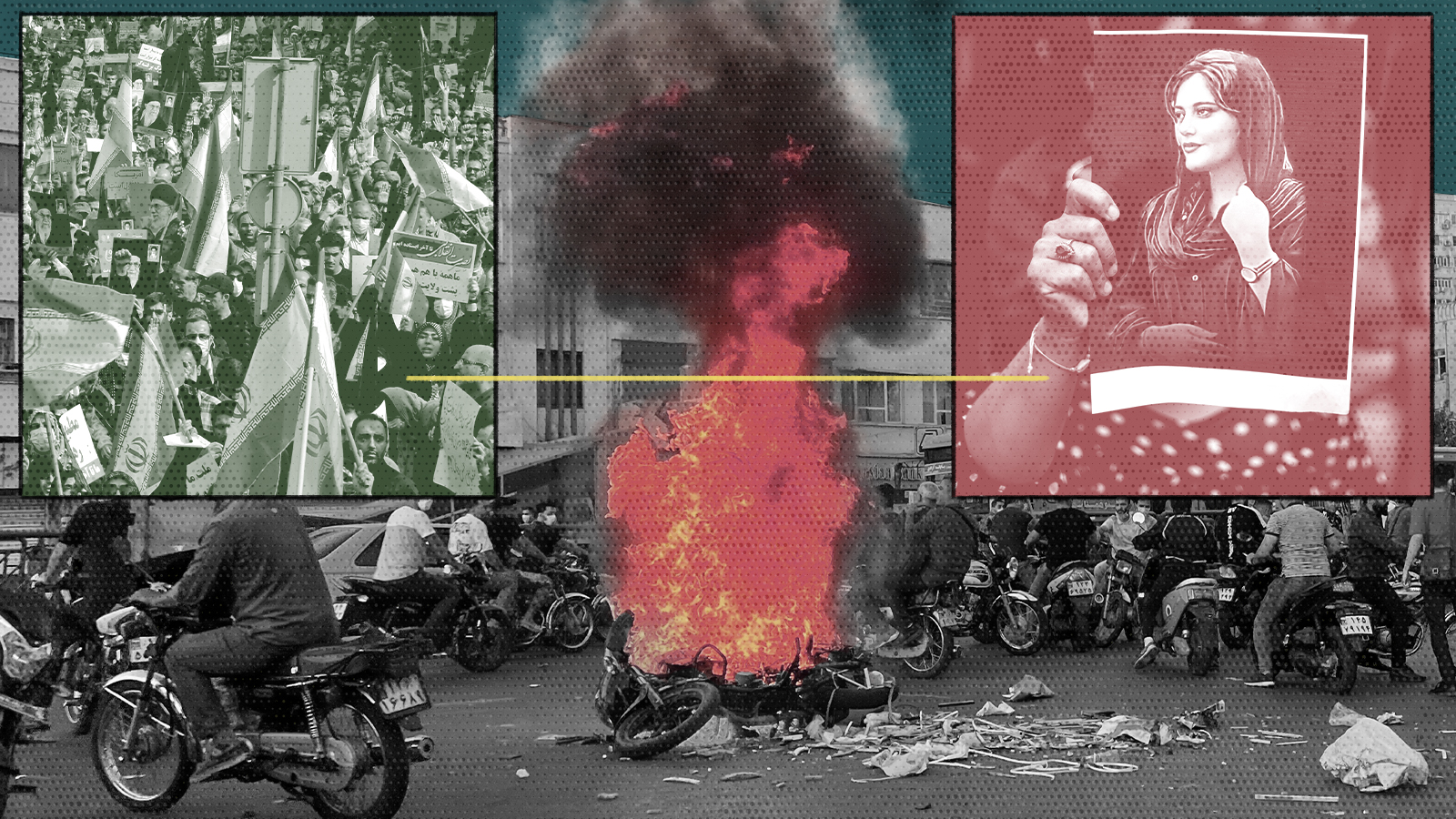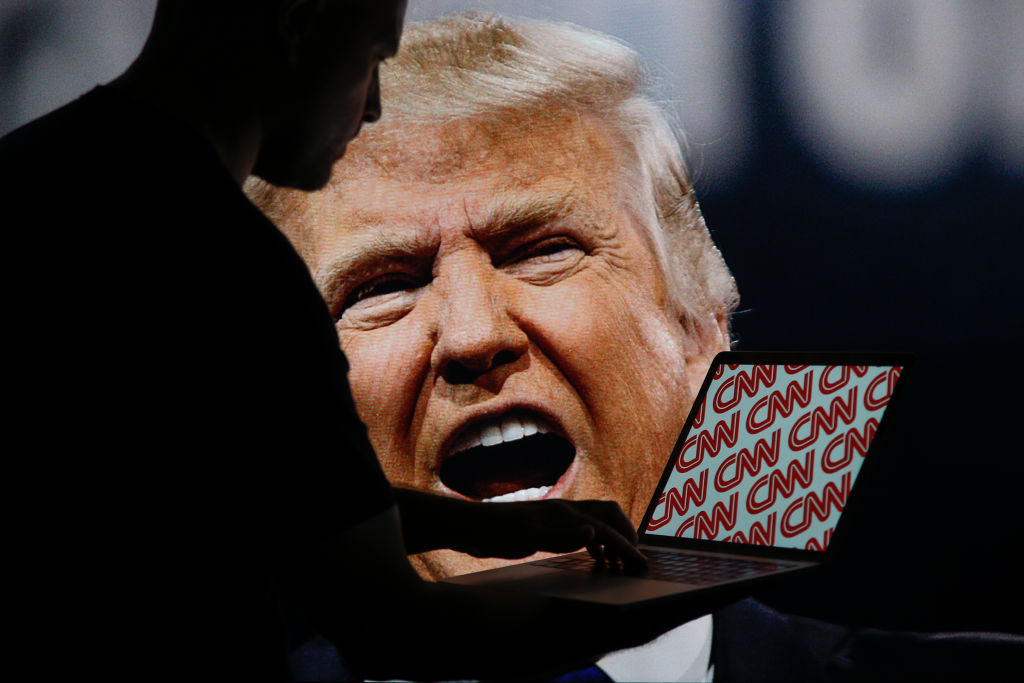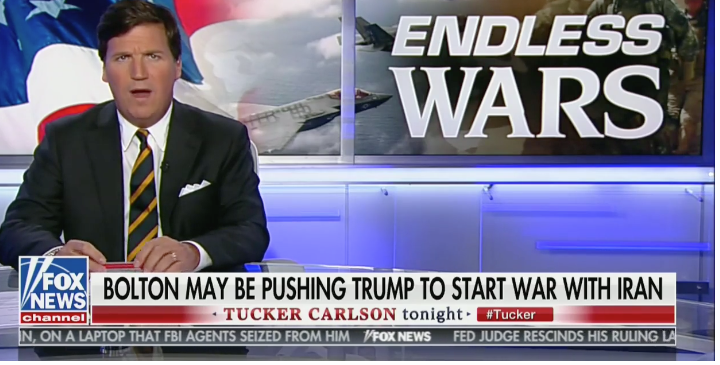Is Iran preparing to execute dissidents?
A false rumor blew up on social media, but the situation in Iran remains dire


A free daily email with the biggest news stories of the day – and the best features from TheWeek.com
You are now subscribed
Your newsletter sign-up was successful
With global attention focused on the war in Ukraine and national elections in Brazil and the United States, Iran has continued to ruthlessly crack down on protests stemming from the murder of Mahsa Amini in September. Recently, a protester was sentenced to death.
Does this mean that a broader and even more violent response to the protests is inevitable? Can the regime be toppled? How many dissidents are authorities willing to kill? Will Iran's violence against protesters impact the negotiations over a revised nuclear deal? Here's everything you need to know about what's happening in Iran:
What's happening with the protests?
Anti-government protests shook authoritarian Iran following the killing of a young woman named Mahsa Amini in Tehran on Sept. 16 and have spread to at least 80 cities around the country. Amini had been arrested by the country's morality police for improperly wearing her hijab, and died suspiciously in custody. The murder was part of a broader effort by the hardline government of President Ebrahim Raissi to tighten social restrictions and roll back some of the freedom enjoyed by women under his predecessor, the comparatively moderate Hassan Rouhani. Like many other sclerotic dictatorships, Iran often deploys its ruthless power over its citizens without any legal or moral justification.
The Week
Escape your echo chamber. Get the facts behind the news, plus analysis from multiple perspectives.

Sign up for The Week's Free Newsletters
From our morning news briefing to a weekly Good News Newsletter, get the best of The Week delivered directly to your inbox.
From our morning news briefing to a weekly Good News Newsletter, get the best of The Week delivered directly to your inbox.
The killing of Amini resonated with Iranians frustrated by the theocratic regime's regressive gender politics and arbitrary exercise of power, as well as the economic isolation and stagnation that are the consequence of its foreign policy stances. What probably worried government officials the most was the open contempt for the Islamic Republic itself and the calls for it to be overthrown. Even during the massive 2009 Green Movement, for example, protesters mostly called only for a proper counting of the votes in that year's presidential election, which had been rigged by the regime. "Where is my vote?" was the question asked by millions of peaceful demonstrators. Thirteen years later, the populace appears uninterested in politely asking to have ballots tabulated.
This time, dissidents have broader ambitions, and the response has been brutal. While clear and accurate information on the ground has been hard to come by for foreign journalists, there is no question that the Islamic Republic is coming down hard on non-violent protesters. According to the Human Rights Activists News Agency, 321 protestors have been killed by regime authorities, including both security services and the irregular Basij, a volunteer militia, since the eruption of discontent in August. Between 13,000 and 15,000 people have been arrested, a staggering total, and are currently awaiting charges or trials. The New York Times also reports that thousands of dissidents under the age of 18 are being targeted, with at least 50 having died so far.
On Nov. 14, courts issued the first death sentence for a protester accused of "enmity against God" and "spreading corruption on Earth," for allegedly setting fire to a government building. The man's identity is unknown. Rumors that all 15,000 political prisoners will be given death sentences, which spread rapidly on social media on Monday, are not true. However, the Iranian parliament urged the country's judiciary last week to "deal decisively with the perpetrators of these crimes [the protests] and with all those who assisted in the crimes and provoked rioters," according to Al Jazeera.
As Afshin Marashi, a professor of modern Iranian history at the University of Oklahoma, explained to NBC News, "In a situation where information is hard to confirm, rumors can spread rapidly." The recent viral rumor of a mass execution was "likely fueled by memories of what happened in 1988," when "thousands of political prisoners were executed by orders of Ayatollah Khomeini within the span of a few months."
A free daily email with the biggest news stories of the day – and the best features from TheWeek.com
Will there be a foreign policy impact?
The brutal repression on display could have multiple repercussions for Iran. The European Union is set to impose additional sanctions after targeting 15 individuals and entities for asset freezing and travel bans in October. While such measures are less comprehensive than existing sanctions, they reflect both a genuine horror at Tehran's actions as well as the limitations created by the comprehensiveness of sanctions already in place. The U.S. also imposed additional sanctions on firms seen to be doing business with Tehran, including some Chinese companies, on Sept. 29 of this year in response to the protests, and then joined the EU with more targeted sanctions on individuals last month.
These moves are especially consequential since Iran's oil exports have ticked up after collapsing following the withdrawal of the United States from the Joint Comprehensive Plan of Action, better known as the Iran Deal, in May 2018. That collapse led to a host of other economic problems, including inflation, unemployment, and negative GDP growth. But Iran's economy has quietly recovered as Tehran has figured out ways to circumvent the sanctions. Republicans have accused the Biden administration of looking the other way as Iran stepped up oil sales to China, in the hopes of diminishing the overall impact of the Russian oil embargo and creating a climate more favorable to a revival of the nuclear agreement.
A bloody crackdown, in addition to the terrible human tragedy of innocent lives cut short, will almost certainly complicate the already difficult path to a revival of the JCPOA. It is one thing to say that nuclear negotiations should be "de-linked" from other flashpoints between Iran and the United States and its allies, such as Iranian support for the Houthis in Yemen, its military, and political involvement in Iraq, and its ongoing relationship with the Lebanese organization Hezbollah. That is common practice in international diplomacy.
Both the Obama and Biden administrations seemed to regard a nuclear agreement as a goal to be sought on its own terms, hoping that it might lead to a broader thaw, but not making that thaw a precondition or even a primary goal of the nuclear deal. It is quite another for the Biden administration to sign off on an agreement with a government that is executing peaceful dissidents while the ink dries. It is unlikely that anyone in the White House will want to risk that kind of public relations fiasco, even after the midterm elections when political pressure over the price of gas has eased, at least for now.
What's the end game?
Meanwhile, Iran's courageous protesters don't seem to be going away, despite the violence wielded by the regime and the long odds of a successful revolution. They will need powerful voices inside the regime to conclude that reform and compromise are preferable to the kind of blunt force that could make the country all but ungovernable.
David Faris is a professor of political science at Roosevelt University and the author of "It's Time to Fight Dirty: How Democrats Can Build a Lasting Majority in American Politics." He's a frequent contributor to Newsweek and Slate, and his work has appeared in The Washington Post, The New Republic and The Nation, among others.
-
 6 of the world’s most accessible destinations
6 of the world’s most accessible destinationsThe Week Recommends Experience all of Berlin, Singapore and Sydney
-
 How the FCC’s ‘equal time’ rule works
How the FCC’s ‘equal time’ rule worksIn the Spotlight The law is at the heart of the Colbert-CBS conflict
-
 What is the endgame in the DHS shutdown?
What is the endgame in the DHS shutdown?Today’s Big Question Democrats want to rein in ICE’s immigration crackdown
-
 CNN in crisis
CNN in crisisSpeed Read Hemorrhaging viewers post-Trump, CNN is trying to broaden its appeal. Can it get Republicans to tune in?
-
 Smartmatic's lawsuit against Fox News, explained
Smartmatic's lawsuit against Fox News, explainedSpeed Read It's not just Dominion that wants the network to pay
-
 Fox News' Tucker Carlson says a war with Iran would be like 'Christmas' for John Bolton
Fox News' Tucker Carlson says a war with Iran would be like 'Christmas' for John BoltonSpeed Read
